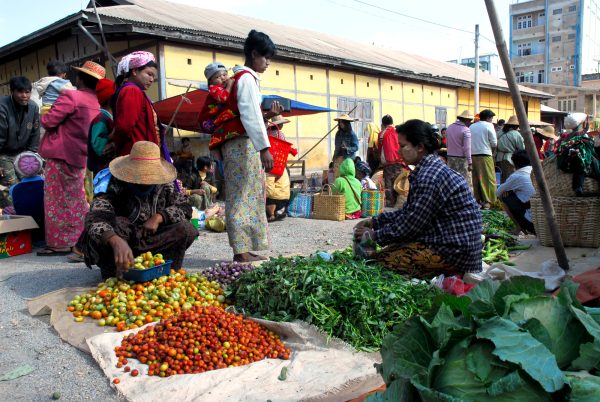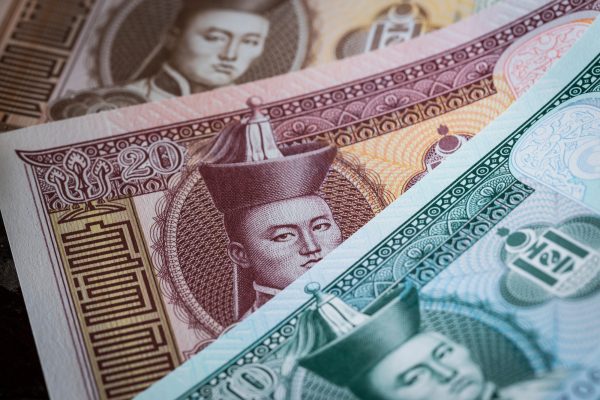Myanmar’s economy has been “permanently scarred” by the military coup in February 2021, and the conflict and economic distortions that have since resulted, the World Bank said in a new report.
In the latest issue of its semi-annual Myanmar Economic Monitor, released yesterday, the World Bank predicted that the country is far from recouping the 18 percent contraction that the World Bank reported following the coup. At the current pace, it is unlikely to reach its pre-coup and pre-COVID-19 levels until 2027 or 2028.
“In the medium-term, the deep contraction in 2021, the ensuing weak and uneven recovery, and increasing policy distortions will leave the economy permanently scarred,” stated the report.
The coup and the nationwide conflict that has ensured have punched a gaping hole in the side of Myanmar’s economy, which has been impacted by the imposition of Western sanctions, the withdrawal of major international investors, a sharp spike in unemployment, and a collapse in the value of the kyat currency. This is to say nothing of the direct effects of the civil war itself: according to the United Nations, more than 1.5 million people have been displaced by conflict since the coup. Around 60,000 civilian properties have been destroyed and more than 23,000 people have been arrested.
The World Bank projected Myanmar’s GDP to increase by 3 percent in the year to September 2023, the same rate as last year, reflecting “tentative signs of stabilization” in the economy in the first half of the year after the “significant volatility” that characterized much of 2022. Among the signs that it noted was the relative stabilization of the kyat, easing inflation, and the beginnings of a recovery for many economic indicators.
But if this is a return to normal, it is a dire norm for much of the country’s population. Nearly two-and-a-half years after the coup, the report found, nearly 40 percent of the total working-age population are out of work, while almost half of Myanmar households reported a decrease in incomes over the past year, compared to just 15 percent reporting the reverse. The World Bank also cited a survey from May that found 48 percent of farming households worry about not having enough food to eat, up from about 26 percent the year before.
“Recent shocks have exacerbated existing inequalities in household welfare,” the report stated, “with poorer and more conflict-affected states, regions and townships being more severely affected.
At the same time, the prospects for a more substantial recovery remain slim, with the country’s economy hampered by import restrictions, frequent power outages, and a shortage of foreign exchange.
Furthermore, the sometimes-desperate attempts by the military administration to address its economic and political crisis – recent initiatives include the expansion of import and export license requirements and moves to restrict access to foreign currencies – “continue to create uncertainty and obstacles to doing business.”
This shift away from predictable rules to a system that is “opaque and more discretionary” has benefited the small number of firms that have privileged access to import licenses, foreign exchange, and state contracts, “limiting the ability of other potentially more productive firms to compete.” The natural result has been more rent-seeking and corruption and a crowding out of more legitimate business operations.
The World Bank hastened to clarify that even its middling economic projections for the coming year are “subject to significant near-term risks.” As it stated, “A worsening of conflict, an additional slump in electricity generation, greater-than-expected persistence of inflationary pressure, or further deterioration in the trade and business environment could result in even lower growth.”
The presence of this hedge gives some sense of the uncertainty facing Myanmar, and the full scale of the calamity that the military has inflicted upon the country and its people. Even if the junta leader Senior Gen. Min Aung Hlaing somehow claws his way to a decisive victory, something that is less likely with every month that passes, he will find himself a lord of ashes.




















Discussion about this post